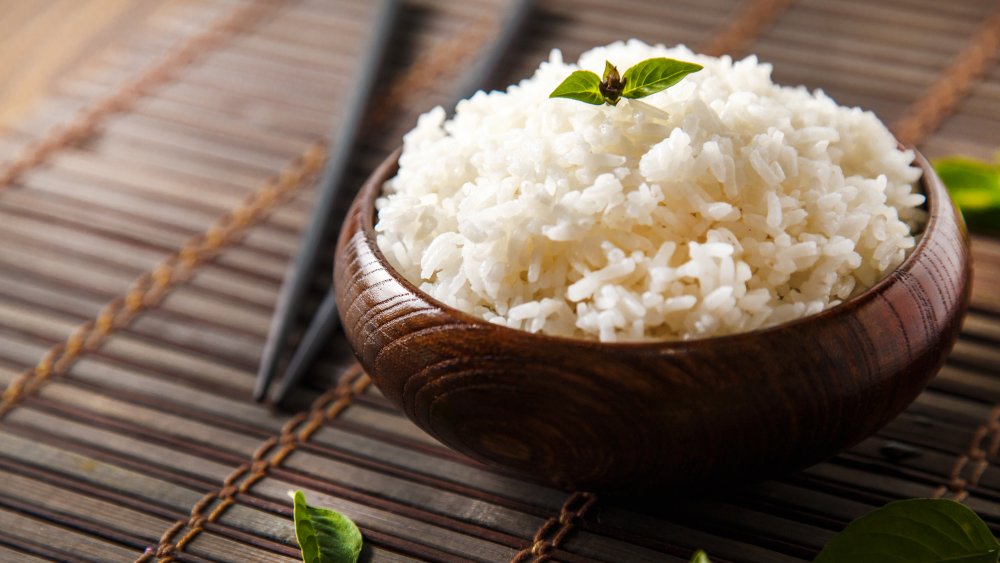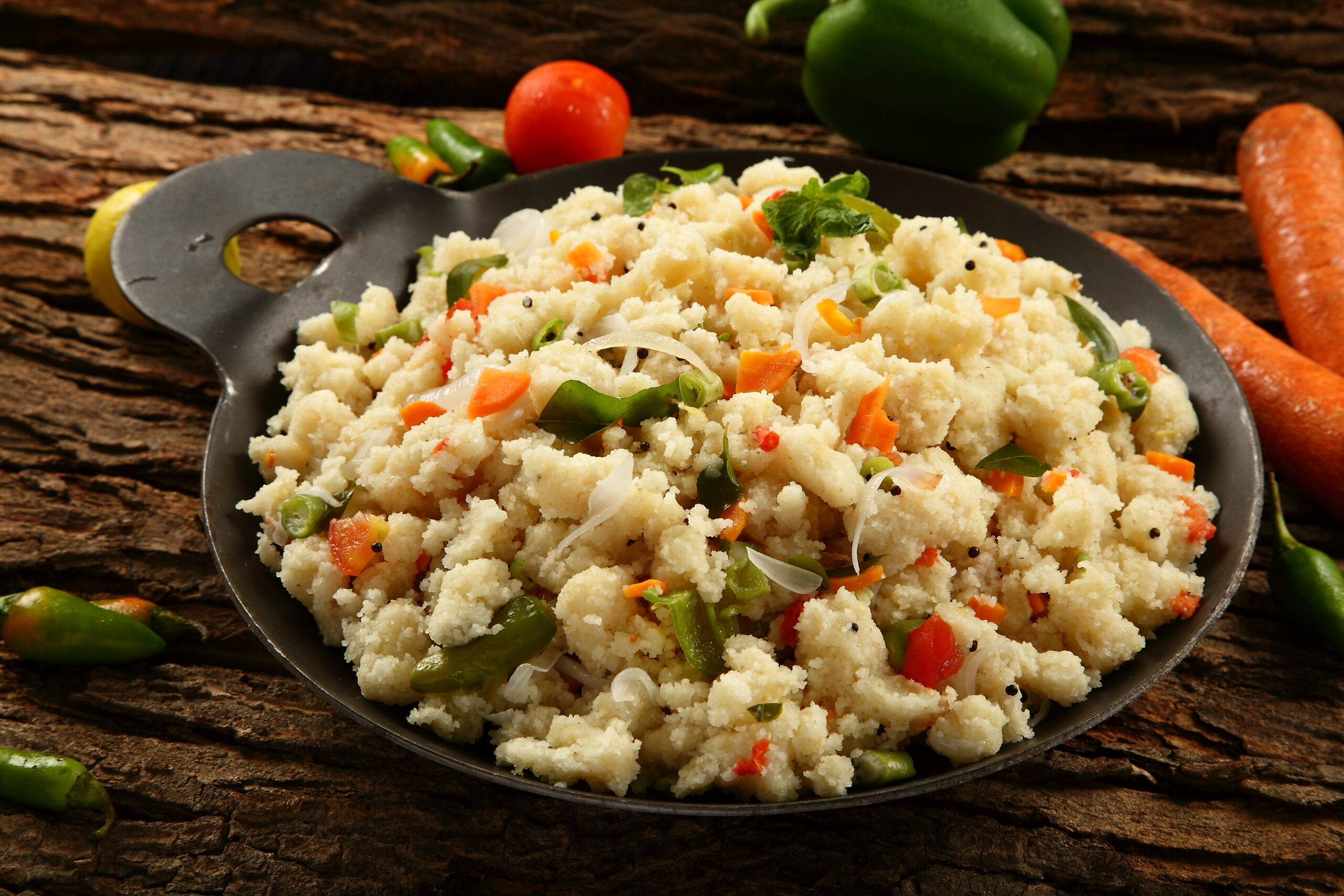Causes and Natural Prevention of Anxiety

Almost everyone from school children to the elderly suffers from anxiety. Careful observation shows that if a child is given the environment he or she desires from an early age, he or she will avoid feeling inferior.
The feeling of inferiority is a mental idea under which a person does not hesitate to commit suicide by having negative thoughts about himself, in which a person is constantly suffering from disturbing thoughts due to lack of peace. Stress can also be a condition in which a person thinks about his progress but does not progress, as a result he becomes depressed.
Conditions:
When a person is in a state of anxiety and depression, his nature becomes disgusted with food, which results in dryness in the body. For example, when a person is asleep, his hands and feet are stretched, his legs are stretched, then he wakes up. If not taken care of in time, chronic diseases such as heart disease, diabetes, vision problems, etc. can arise. Thoughts are born. All of these conditions interfere with a person’s mental development.
In all of the above conditions, lack of rest and sleep is such that even in sleep, disturbing dreams occur. Sometimes some people have trouble fulfilling a responsibility. Like business people, day and night, they wake up thinking that their business or job depends not only on their personal but also the future of their family, but this thinking affects their brain and makes them suffer from any chronic disease.
Depression changes in the body:
Grief, anger, anxiety, curiosity, and worry are generally referred to in medicine as “psychological reactions.” These conditions are related to the brain, the argument of which is that if any one of these conditions (for example, anger) occurs, then the human brain gets dizzy, sometimes even stars appear in front of his eyes. Later there is a headache. The brain has the power to perceive all these conditions, which is why it is said that the brain is the source of mental strength. The brain has centers of hormones, the brain expresses its agility or inferiority through secretions at different times, but nature has also arranged the hormones that restore it in the brain.
Psychological disorders related to sugar and blood pressure:
As a result of psychiatric disorders, the nervous system is activated. It lowers the amount of insulin, raises blood sugar, and increases the amount of adrenaline, which reduces the width of blood vessels. The pressure rises, so does the energy in the body. A sign that the nervous system is active is that the heart beats faster. In this condition, massage the back of the neck with lettuce oil is very useful.
Reactions and their effects on the body:
(1) Curiosity: This is the condition in which the heartbeat increases in a state of calm, thirst and the heart does not want to sleep, even if you go to bed, sometimes it is too late to fall asleep, obviously When you have to wake up at the appointed time the next morning, your brain hurts. As the brain grows in infancy, a lack of sleep can have a detrimental effect on mental and physical development, but serious conditions do not appear. Lack of sleep in youth affects the body to such an extent that a person feels old, gastrointestinal disorders occur. When the stomach does not digest food properly, thinning occurs in various organs. If the elderly suffer from sleep deprivation, this can lead to long-term stroke or heart attack.
(2) Grief and anger: Grief and anger is the mental impression created on seeing or hearing unnatural actions or conditions, but there is a very subtle difference between the two. If a person can react to an adverse condition, then that condition is called anger. But if there is a state or conversation in which a person becomes helpless, such as when a loved one leaves or when he hears a taunt, on such an occasion the mental impression is called grief. It has a negative effect on certain types of muscles that are found only in the heart. That’s why people with heart disease who don’t have any other complications, such as liver or pancreatic disorders, are suffering from anger or grief.
(3) Depression: The state of thinking about the pursuit of progress, the thought of preparing for exams, and the strategies to solve it, etc., is called ‘mental stress’. Is trying. Failure to find a solution can lead to frustration, which is similar to grief. As a result of stress, the brain secretes a secretion called ‘gastrin’.
This secretion is related to gastric secretion. If these secretions are excessive, gastric evaporation occurs, which leads to acid indigestion and inability to digest food. If the secretion is reduced, the food stays in the stomach due to a lack of digestive fluid. This condition is called a seizure. Even in this case, the stomach is unable to digest the food, resulting in dryness of the brain, which indicates a deficiency of the neurotransmitter dopamine. In this condition, there are tremors in sleep and sometimes there is tension in the hands and feet.
Inferiority: This childhood is a feeling of uneasiness, ridicule, imprisonment, financial hardship. A person with this condition considers himself inferior to others and becomes jealous of others or becomes disfigured by them.
Symptoms of depression:
- Bills fall on the forehead.
- The back is slightly bent forward towards the shoulders.
- The eye is focused on one thing and the movement of the pupil of the eye is slow.
- Sometimes they talk in their sleep and move their hands or feet lightly.
- The hair on the head is dull and curly.
- Such people argue over small things.
- Inferior people give birth to inferior offspring and, thus, propagate their inferiority.
How to prevent depression?
(1) Use more fruit in the diet so that dryness does not occur. Drink camel’s milk once a week.
(2) Eat three to seven almonds daily as it is a source of vitamin E. Lowers blood sugar and blood pressure.
(3) In the case of insomnia, massage in the condyle, sleep will come.
(4) In case of feeling inferior, give thanks for the present blessings and try to improve your personality. Try to make up for what you lack.



































